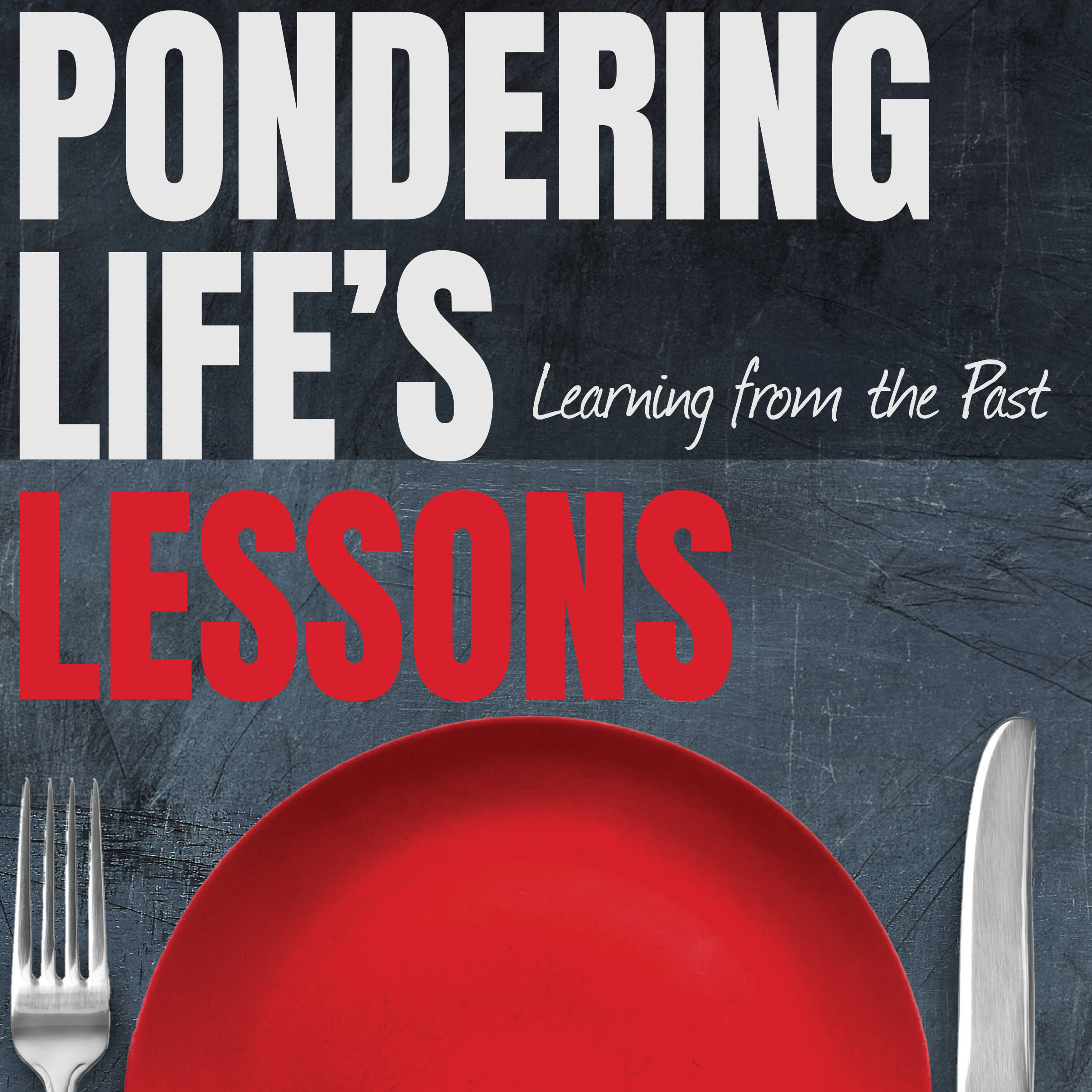Canadian Lakes and the Tullymore Country Club are in the middle of Amish country. I’m not sure what the Amish population is, but there are miles of Amish farms near us. If you come to visit, you’ll encounter a buggy, or two, no matter where you go. We had similar buggies near our Lake LeAnn home, but they were closer to Jonesville. The Canadian Lakes buggies can be seen hauling rowboats, kayaks, and canoes. I didn’t see anything like that around Jonesville.
Last summer I was speaking with one of the starters at Tullymore about the Amish population and its impact on the local economy. He said that the group near his home in Lakeview, just south of Canadian Lakes, was breaking up and moving away. When I asked “why” he said, “They need a bishop, and they don’t have one. If they don’t have one, the group moves on.”
Then I said, “What does a Bishop do?”
He didn’t know so we started to speculate. We decided that a bishop must oversee the group. They must interpret the rules, make sure everyone follows them and things like that.
And then I said, “Well, if that’s all there is, maybe we could be co-bishops. I could cover May – September and you could cover the rest of the year. I spent part of my career developing rules and interpreting them. We could use their guidelines like I used the student handbook and school board policy documents. If I could do it, you can do it.”
I looked up the roll of the Amish Bishop on the internet. This is what I found.
The Amish ministry is untrained and unpaid. Most church members feel that being chosen for the role is both a blessing and a curse. Few Amish men seek the role; one Amish minister when passed over for the choice of bishop expressed relief at having “dodged a bullet”.
The bishop is the spiritual leader of the church district. A bishop typically oversees one district. Over time, Amish church districts grow and divide, with new bishops being ordained.
Contrary to belief, the bishop does not arbitrarily assign rules for his district. His role is one of deciding which issues should be put to vote—for example, to decide if a new technology, currently under trial, should be accepted into the district’s Ordnung. The bishop is charged with the spiritual welfare of his district. For this reason, bishops often seek to err on the side of tradition, slowing change and restricting technological adoption.
The bishop does some preaching at church services. He also is in charge of meting out discipline and forgiveness on behalf of the church community, in cases where members stray and violate the Ordnung.
The definition sounded pretty straight forward. The only thing I didn’t understand was the word, Ordnung. When I looked it up, I found that the Amish Ordnung is an unwritten code of conduct, governing every aspect of their lives, from clothing choices to business practices. That leads me to believe that the concept allows for a variety of interpretations and, perhaps, the opportunity to develop another unwritten rule that the bishop can implement on his own. That sounds pretty loose to me.
Ruth enjoyed visiting the Amish food stands that dotted the area. We once found an Amish man with his wife, two children, and buggy pulled off on the side of the road. They had set up a simple table and were selling loaves of bread. Everyone was just sitting waiting. There was no play for the children. They were using the time to practice their patience.
 There’s a farm on the way to a local general store where we’d go to get an ice cream cone. Just before the store, on the left side of the road, we’d often see a load of laundry, hung on a line that was strung from a front porch of the home to the top of a barn. It’s one of the last pictures Ruth took on her phone. She loved looking at the simple life but could never have lived that way. Me neither.
There’s a farm on the way to a local general store where we’d go to get an ice cream cone. Just before the store, on the left side of the road, we’d often see a load of laundry, hung on a line that was strung from a front porch of the home to the top of a barn. It’s one of the last pictures Ruth took on her phone. She loved looking at the simple life but could never have lived that way. Me neither.
The Tullymore golf starter calls me Bishop Bob whenever we cross paths. We mean no disrespect to the Amish way of life. The truth of the matter is neither one of us knows the ins and outs of the Ordnung. It’s obvious that’s an important part of their life.
I think each of us has an Ordnung. We may not know the meaning of the word, but we have unwritten rules that we operate by. They were instilled on us by parents, our teachers and other significant adults, the local community, or our own sense of right and wrong we’ve developed over the years.
We’re not born knowing these things; we learn them from those around us. That’s why communities are important. We want to be a part of a group that shares a common set of beliefs. As we age, the people in our lives mean more than our things. That may be why the Amish carry on as they do. They recognize the importance of people, and value those relationships, right from the beginning.

